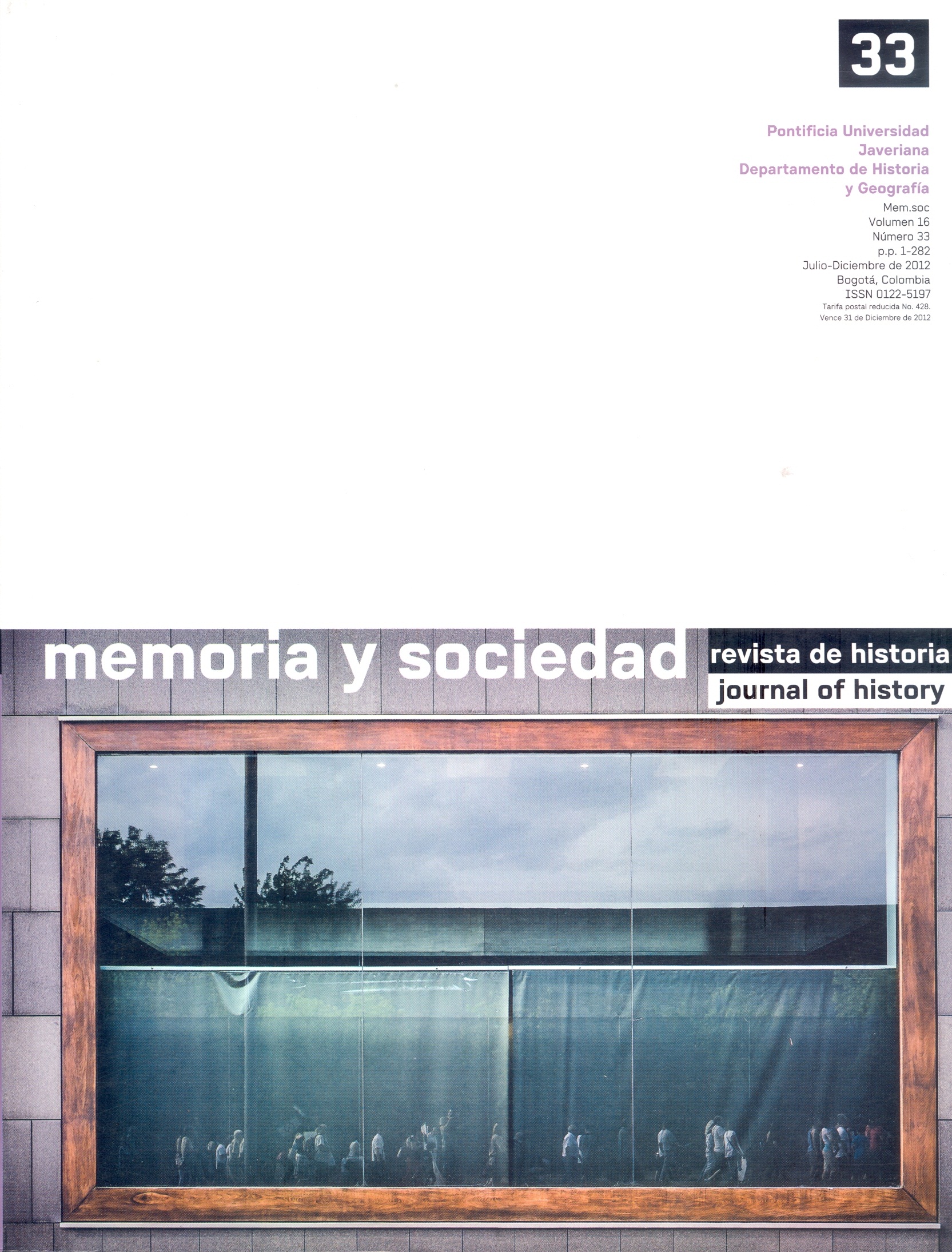Abstract
Image representation has been involved in social investigations with different means: Data base, study objects, indicators of situations in cultural eras, thoughts and significance systems. This article means to show an alternative way of using images in asocial investigation; interventions in which social actors are called to promote it, so they can build and communicate the whole sense of its practices. The goal is to share some photography traits through personal reflections that are achieve within an unusual or accepted modality. In first place, some fieldwork experiences completed in Argentina are narrated, and is shown the state and kind of reflections that are produced through the confrontation with images that are own or can be taken as ones own on themes in specific contexts. From this point onwards, the text expresses that futures questions are accepted while they are linked with an experience between a gender work image, temporality as a characteristic in which photography acts as referent from the past, and the passing of time, and also the relationship between images, memory and silence.The journal Memoria y Sociedad is registered under a Creative Commons Attribution 4.0 International Public License. Thus, this work may be reproduced, distributed, and publicly shared in digital format, as long as the names of the authors and Pontificia Universidad Javeriana are acknowledged. Others are allowed to quote, adapt, transform, auto-archive, republish, and create based on this material, for any purpose (even commercial ones), provided the authorship is duly acknowledged, a link to the original work is provided, and it is specified if changes have been made. Pontificia Universidad Javeriana does not hold the rights of published works and the authors are solely responsible for the contents of their works; they keep the moral, intellectual, privacy, and publicity rights.
Approving the intervention of the work (review, copy-editing, translation, layout) and the following outreach, are granted through an use license and not through an assignment of rights. This means the journal and Pontificia Universidad Javeriana cannot be held responsible for any ethical malpractice by the authors. As a consequence of the protection granted by the use license, the journal is not required to publish recantations or modify information already published, unless the errata stems from the editorial management process. Publishing contents in this journal does not generate royalties for contributors.

